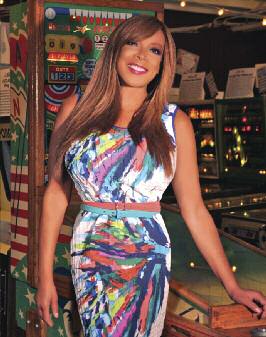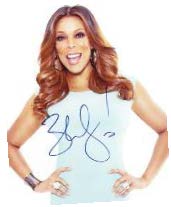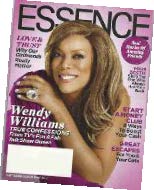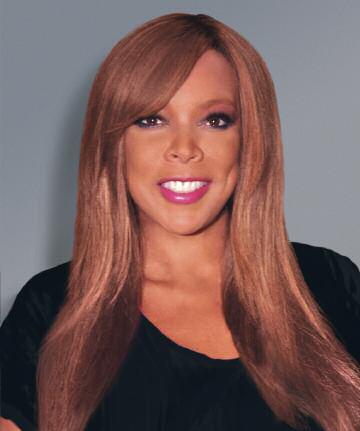Mark Stewart
In the old days, they would have a “triple threat.” Indeed, the two- time Tony winner can sing, he can dance and he can act. But these are not the old days, and the bar is much higher than it used to be in the performing arts—as Butz would be the first to tell you. On the stage and screen, he is both a portrayer and creator of characters large and small, with a well-earned reputation for knocking it out of the park. Now the longtime Maplewood resident has hit his stride as a composer and performer, releasing The Long Haul, a collection of honest, earthy songs written at different stops on a journey that has taken him to the Broadway stage (Rent, Dirty Rotten Scoundrels, Catch Me If You Can, My Fair Lady) and earned him roles on a pair of groundbreaking TV series (Bloodline on Netflix and Mercy Street on PBS). EDGE editor Mark Stewart was curious how the words and lyrics of The Long Haul fit into the tapestry of Butz’s career as an artist and entertainer. It turns out that those threads run deeper than even his most ardent fans might imagine.
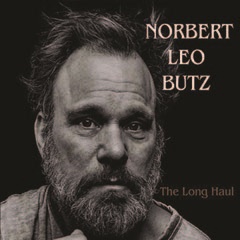 EDGE: The Long Haul is your fourth album, but also in some respects your “first.”
EDGE: The Long Haul is your fourth album, but also in some respects your “first.”
NB: Yeah, it’s the first time I’ve put something out that’s all my original songs. The title says it all…it’s a long, long labor of love. You know, I’ve always written in my downtime— between acting gigs or if I’m on a set and waiting a long time, or when I’m out of town in hotel rooms. It was recorded mostly during the time I was finishing up Bloodline in the Florida Keys. I had a bunch of tunes and I sent them to my friend, Jason Loughlin—a great guitar player, producer, arranger in Williamsburg, Brooklyn— and said, “Hey, man. I think I might have an album here.” He really responded to the songs so we hired a band and got some studio time. It was kind of stop-and-start. I’d get a couple of things recorded, but then a job would take me away and I’d shelve it for a while. This past year I was really busy with My Fair Lady at Lincoln Center. It took over a year-and-a-half to record.
EDGE: Are you one of those guys who can just sit down and bang out a song?
NB: No, I’m not. I must have a thousand ideas for songs on my phone. Going back to college, I‘ve always written songs for my own pleasure. So starting them is easy, but the hard work of actually finishing them is much more difficult. I have friends who are real songwriters. They show up every day and work four to six hours on their songs. I never had that discipline or that kind of time.
EDGE: So why now?
NB: Getting the songs out was about moving past some of the really difficult moments for me during my 40s. It was a tough decade. I lost several family members. It felt good to release it.
EDGE: When I listen to the album I hear more than a little Dr. John. Some Al Green. And some Springsteen.
NB: That’s cool. I’m flattered. I think those are apt comparisons. I really do love Soul music and Blues and Gospel music. I was raised on a lot of that in St. Louis. There is a really rich tradition of Blues in that part of the country. My parents were deeply religious—my father, in particular, listened to a lot of Gospel—and we were in church constantly. So those are the sounds I grew up with and I suppose they’ve always stuck with me. It’s funny you should say Springsteen because now I live in New Jersey and I definitely credit him as a huge influence on me, going back to when I was a kid.
EDGE: I have to ask a Dirty Rotten Scoundrels question…Steve Martin had to fill a screen when he played Ruprecht but you had to fill an entire stage—with John Lithgow a few feet away—how do you rise to that challenge?
NB: No one can really rise to the challenge of John Lithgow. He’s like 6’5” [laughs] so rising to that challenge is like spitting in the wind. You know, in a lot of ways John played the straight main in Dirty Rotten Scoundrels. He gave me permission to take as much stage as I wanted to. It was a blast. John is one of the most generous, loving, creative, supportive partners anyone could hope for. You know, I was really intimidated at first to be working with him. I was a was this enormous international celebrity. We’ve remained really dear friends and he has been a touchstone for me.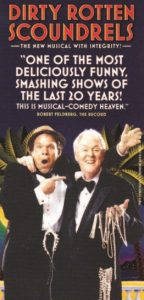
EDGE: How so?
NB: I go to him so much, just in terms of teaching me how to lead a cast with real grace, how to be super generous. His basic goodness. His workmanlike attitude. How to behave in front of a company. How to do this business over the long haul. How to build a diverse, multimedia career that I didn’t even know I aspired to before I met him. Now I know how valuable that is. He’s just the best. Even putting out this record, in some ways, was inspired by him. This idea that you don’t have to be just a performer, that you can make your own work during the in-between time when you’re waiting for directors and producers to tell you you’ve booked a job.
EDGE: A few years later you were Carl Hanratty, who lives somewhere at the other end of the spectrum from Ruprecht. What did you enjoy about that character?
NB: That was a really incredible experience. And I have to be honest, one that I did not see coming. It fell into my lap. Jack O’Brien, who also directed me in Dirty Rotten Scoundrels, sent me the script and said, “I think I’d like to see you do this. What do you think?” I had seen the Spielberg film in which Tom Hanks had played the role. I said, “I just don’t get it. I don’t get why you think of me for this part.”
EDGE: What made you see it his way?
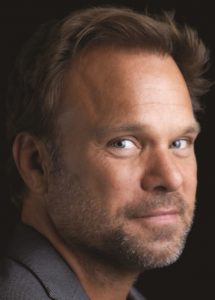 NB: When I got the script I realized that Catch Me If You Can is really the story of a lost kid in search of a surrogate father, and this lonely, middle-aged gumshoe cop really looking for a surrogate son. My dad, who has since passed away, was really ill at the time. I was quite emotional thinking about him. I found the story really, really moving in a way that I didn’t expect to. It was very personal. Sometimes it’s not clear to audiences what draws an actor to something. For me, as an actor, that’s always the way in, the personal, emotional hook. It was a ball. It was a chance for me to do a real character part in a big Broadway musical.
NB: When I got the script I realized that Catch Me If You Can is really the story of a lost kid in search of a surrogate father, and this lonely, middle-aged gumshoe cop really looking for a surrogate son. My dad, who has since passed away, was really ill at the time. I was quite emotional thinking about him. I found the story really, really moving in a way that I didn’t expect to. It was very personal. Sometimes it’s not clear to audiences what draws an actor to something. For me, as an actor, that’s always the way in, the personal, emotional hook. It was a ball. It was a chance for me to do a real character part in a big Broadway musical.
EDGE: Hanratty was kind of a blank slate.
NB: He was. I got to really invent him. By the way, there was never a Carl Hanratty. He was based on several guys. They got the name from Tom Hanks.
EDGE: How did you hear this story?
NB: Tom sent me a note to the theater, typed on his famous vintage typewriter. It said Norbert, congratulations on Catch Me If You Can. He eventually came to see it and he said, “Let me tell you how the character came to be named Carl Hanratty.” He said on the first day of shooting they hadn’t named him because they couldn’t legally use the name of any of the FBI agents who were involved in the case. Spielberg turned to Tom and asked, “What are we going to name this guy?” Tom told me he named him Hanratty for a football player his dad loved at Notre Dame, and he named him Carl because it had the K sound in the name and that’s funny. And he’s right. Carl is a funny name.
EDGE: You’d mentioned My Fair Lady. You played Eliza’s father, Alfie Doolittle, a character that everyone has probably seen at least once or twice on some stage or in the movie. How do you bring something new to that role?
NB: No one believes me, but I was almost 50 years old when I got that part and I had never seen a production of My Fair Lady. And I never watched the film all the way through—only pieces of it when it came on cable late at night. I knew Pygmalion because I’d done a big course on George Bernard Shaw when I was in graduate school. Similarly to Catch Me If You Can, when the director asked me to do this part, I said, “What? I’m only 50. Why would I want to play this old drunken character?” But I went and read the script for really the first time as if it were a new piece, and thought This is a great part! Just that sardonic humor and the dichotomies within the character, and the great numbers. Also, it was truly a dream of mine to work on the big stage at Lincoln Center. When I came to New York the very first place I went as a young actor was to see Tom Stoppard’s Arcadia at the Vivian Beaumont, and I thought Man, to get on to that stage, you’ve really made it. I leaped at the opportunity and had the most wonderful time doing My Fair Lady.
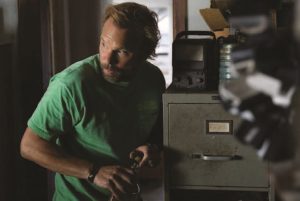
Netflix
EDGE: Let’s switch to television for a moment. The characters you played on Bloodline and Mercy Street were absolutely spot-on. Everyone knows someone like Kevin Rayburn, who just can’t seem to get out of his own way, and you were beyond believable in that part. Did you base your portrayal on people you’ve come across in life?
NB: The show was about a family that literally is trying to keep its head above water, and as an actor sometimes that’s what it felt like. It was really potent when it worked. I would like to say that I based Kevin on someone—or even had time to prepare. But the fact is that in Bloodline—which was produced by a trio of writer/creators, Glenn and Todd Kessler and Dan Zellman, who also did Damages, starring Glen Close— they famously withheld information from the actors.
EDGE: So you’re not getting a script until a day or two before?
NB: Right, and often they shot alternative versions of scenes! They were largely putting the editing together while they’re making it. As an actor, it was a real lesson in not knowing what was coming next. Also, they would shoot scenes out of order and the show’s narrative kept going back and forth in time, so I couldn’t get a handle on, like, I know where this is going, so I could make choices. Each night we’d get scripts to shoot the next day and I’m like, I don’t know how I end up here. Yesterday, I was shooting this scene where Kevin seems like a pretty good guy and today I’m shooting a scene where I’m in my underwear doing cocaine with a gun in my hand [laughs]—and they don’t necessarily tell you how you got there. It was really challenging, but it became a fun experiment in letting go into what you don’t know and treating each scene like it’s own little mini-movie with its own beginning, middle, and end. So if it looked like Kevin didn’t know what he was doing, that’s me. It was not an easy shoot. The stakes were so high and the material was so dark. But I loved it. We were down in that incredible locale in the Keys and it infected everything we did. There was no make-up— that’s really real sweat, that’s really real sunburn, my hair was really bleached out and those are real mosquitoes eating us up in the shots. It was like nothing I’d ever done before.
EDGE: I have a similar question about the character you played on the PBS series Mercy Street, Dr. Hale. Everyone has bumped up against someone like that guy, who has reached the limit of his talents and is threatened by people with new skills and new ideas, and who kind of embraces bureaucracy in the face of change—
NB: Which made the part so much fun to play! Yeah, that guy did not know his head from his rear end.
EDGE: Who were you thinking about when you played him?
NB: He was so pompous, so full of himself and thin-skinned and easily threatened. He reminded me so much of Frank Burns on M*A*S*H*. I loved that show and actually thought a lot about Frank. You’re right. He wants things to stay the same. He’s dying to be an administrator behind a desk. I thought what was interesting about the character was that here he is, in the middle of the Civil War, but still looking for creature comforts and vices— sex and booze—to help mitigate the reality of the war. That felt really human to me. Imagine the carnage during the Civil War, before morphine is being used regularly in surgeries—just the violence—it must have been so incredibly difficult to process. It doesn’t surprise me that these doctors tried to find pleasure wherever they could.
EDGE: You’ve lived in New Jersey going on 20 years. What drew you to the state initially and in what ways has it grown on you?
NB: I came kicking and screaming, I’ll be totally honest. My first two girls were born in Brooklyn and we really wanted to stay there. We lived in Park Slope. We needed more room and I thought I’d be able to find a brownstone somewhere, but this was right when the housing bubble was starting to get really whacky and I just couldn’t afford a bigger space. My wife and I had friends who’d moved to Millburn and we were out visiting them and we looked around there. We liked what we saw, the schools were good, it was doable. So we moved to Millburn. Still, I didn’t really want to come. I like Springsteen as much as the next guy…but it was Jersey, you know?
EDGE: I am a transplant, too. When I left New York City in the 80s my friends acted like I’d been shot out of a cannon.
NB: Yeah [laughs] when you leave New York your family stops talking to you. No one comes to visit. But then something really remarkable happened. It took me a few years, but I’m the biggest fan now of where I live. I’m such a huge Jersey fan.
EDGE: What I like about New Jersey is that there are 500-plus towns and each is completely self-contained, so even though everyone you know is from “here,” somehow almost everyone is also from “somewhere else.”
NB: I do, too, man. You’re so right about that. We lived in Millburn for a couple of years and moved to Maplewood after that. I can walk to Millburn from where I live. But the character between the two towns is wildly different. I just find that super-interesting. I love Maplewood, Millburn, South Orange—now my third daughter is going through the school district. I love it. It’s such a tight community. It’s progressive, inclusive, beautiful. And as a point of departure, it’s fantastic. It’s close to the city, I’m eight miles from Newark Airport, I can be in the Poconos in an hour, we can be on the beach, or points north in the Hudson Valley, in 45 minutes. It’s a gorgeous state, filled with tons of farms, great rivers, places to camp and hike. I’ve just fallen in love with it.

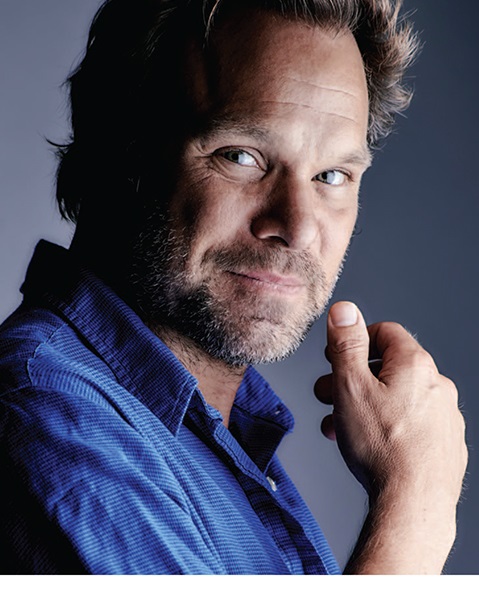
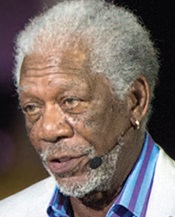
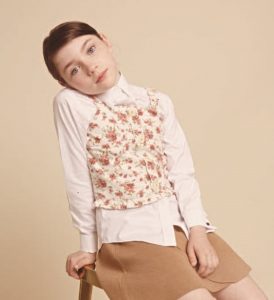
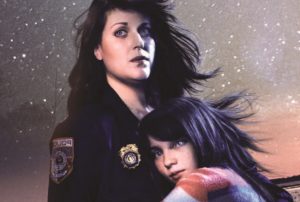
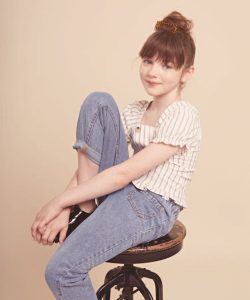
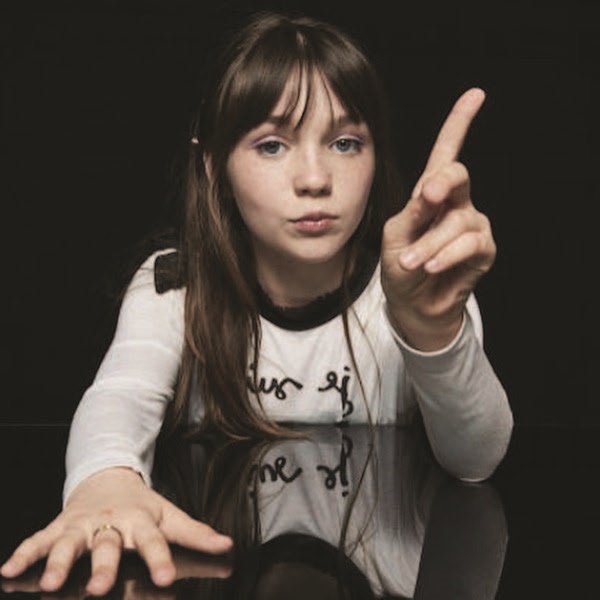
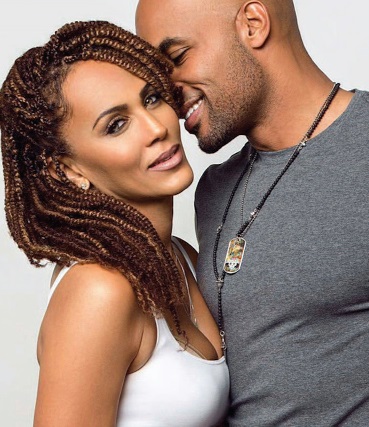
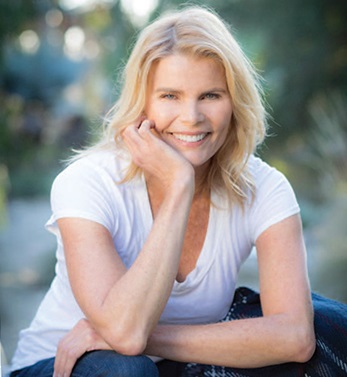
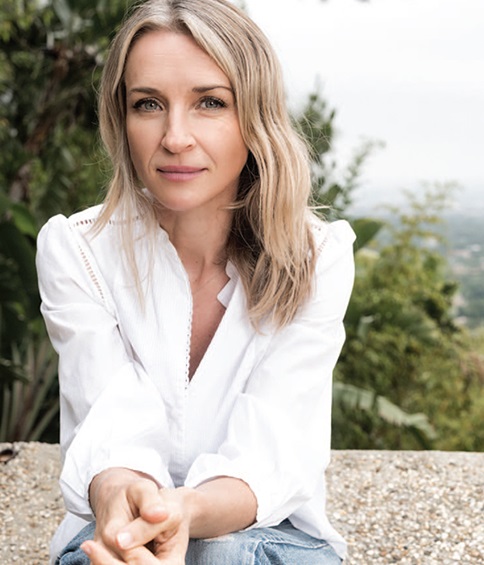
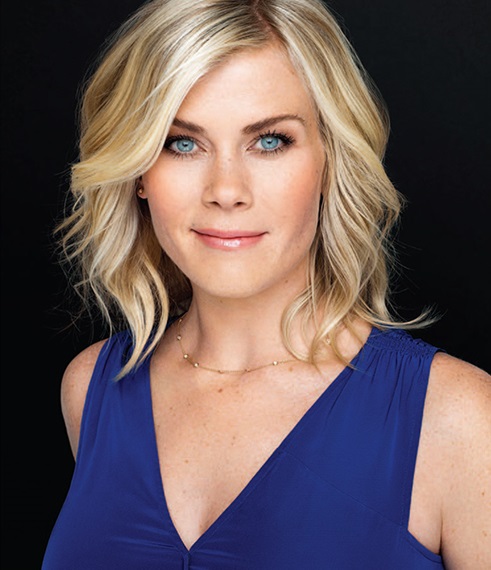
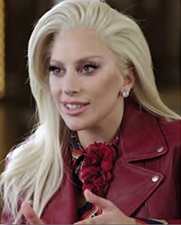
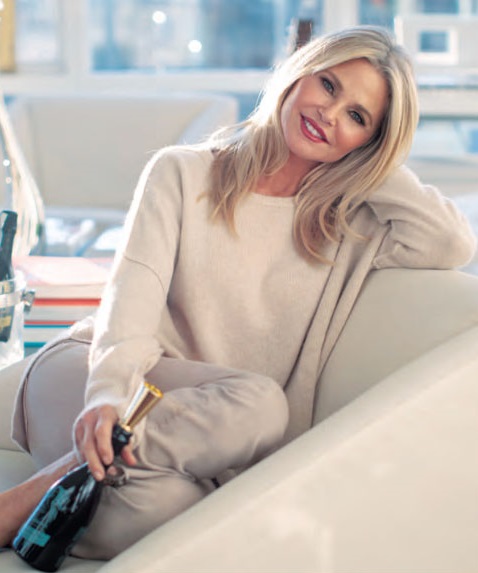
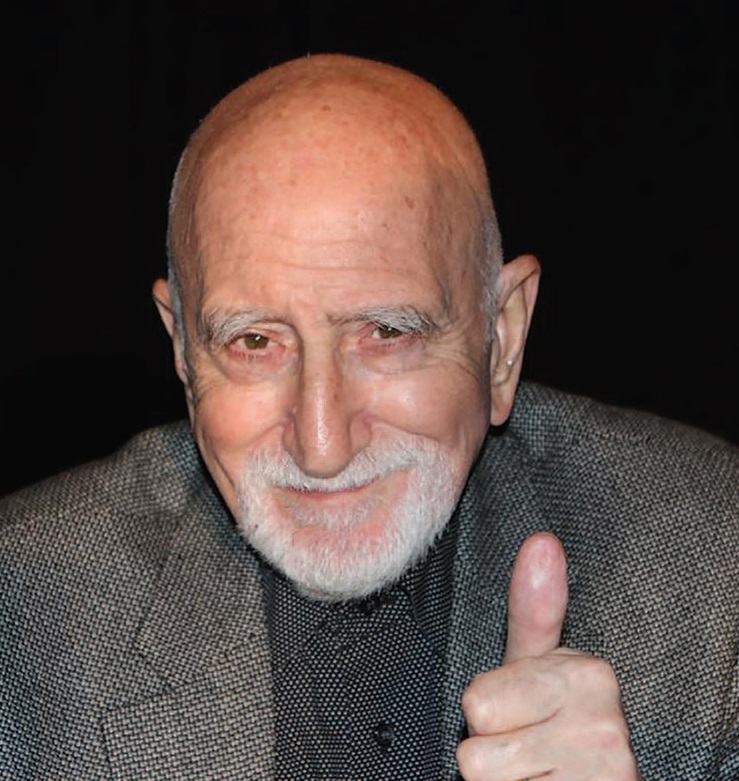
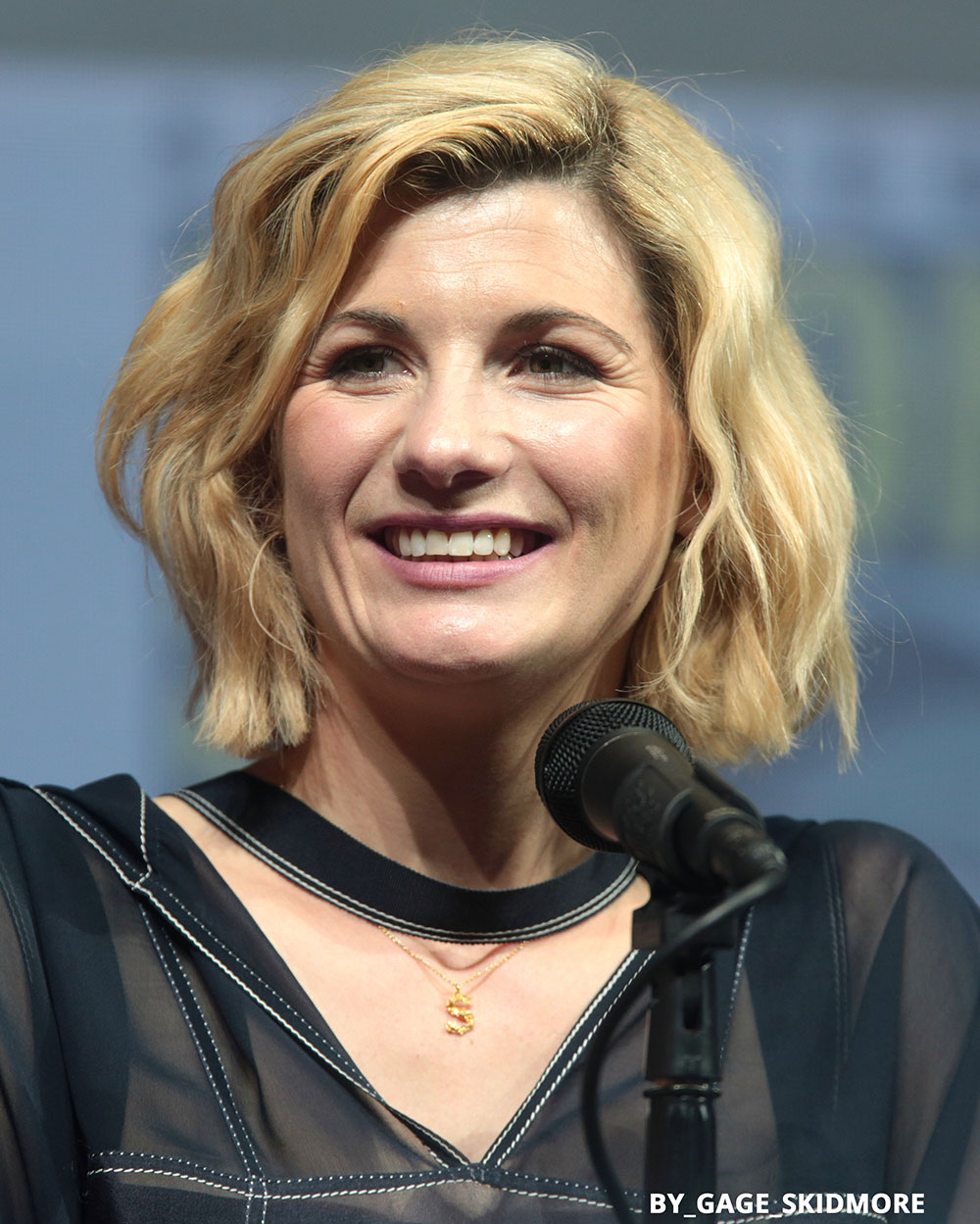
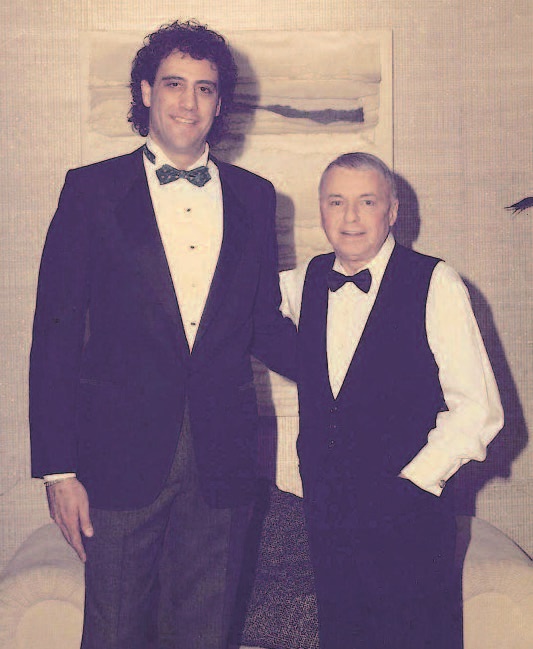
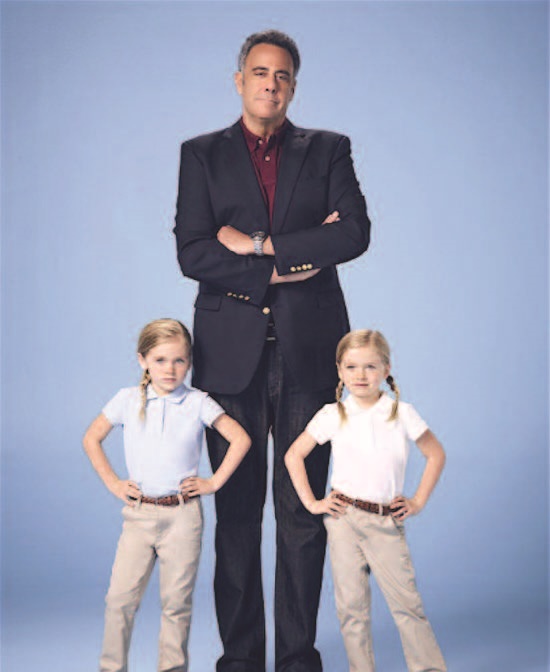
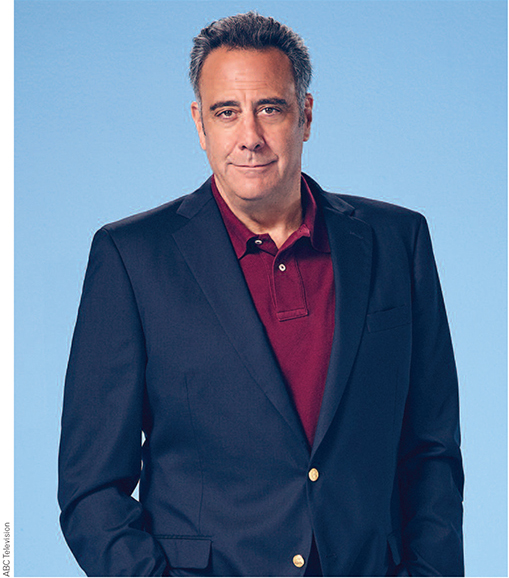
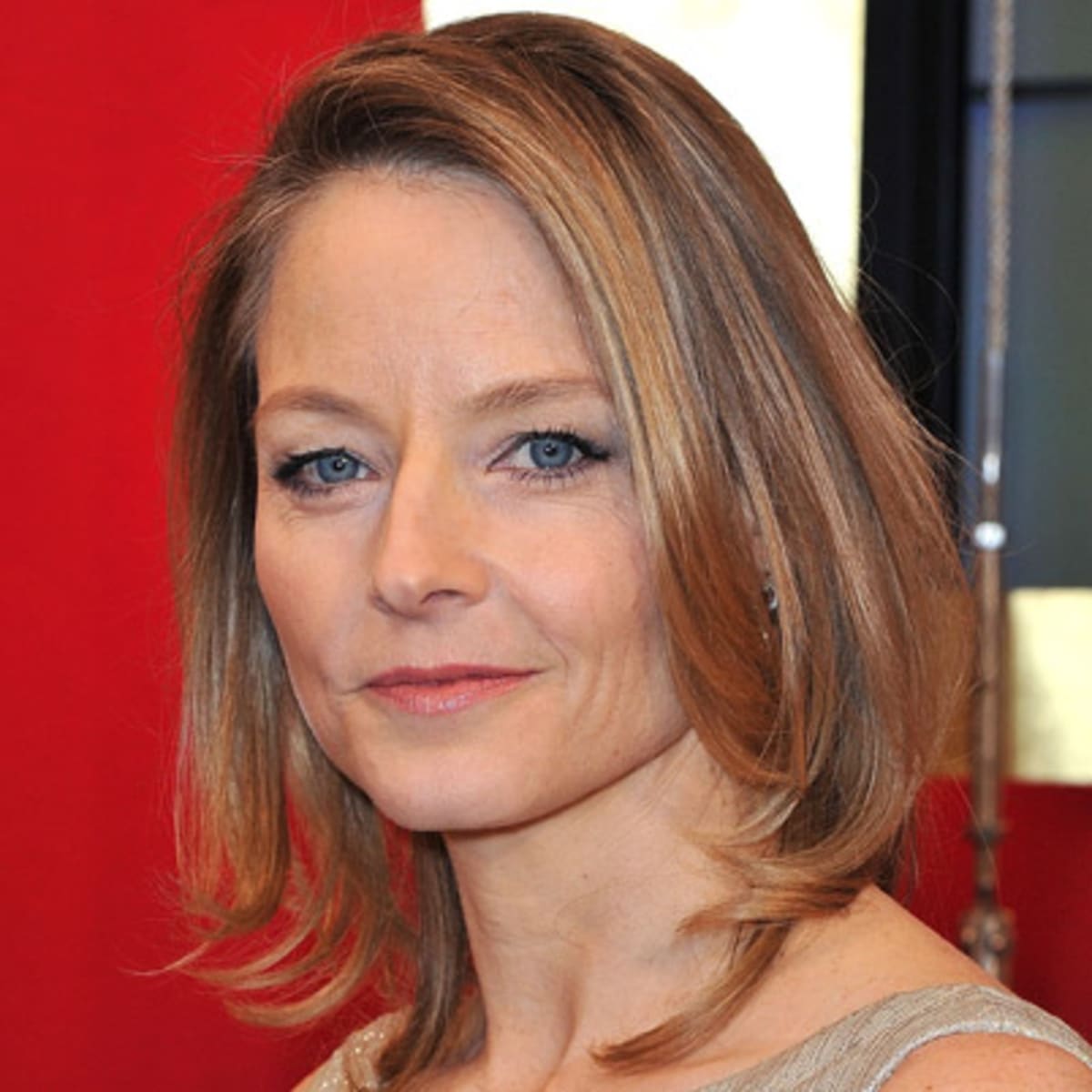
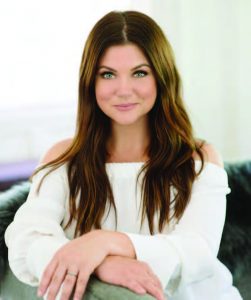
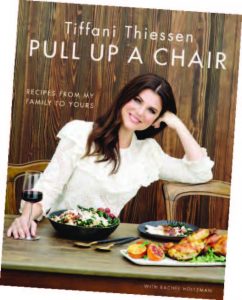
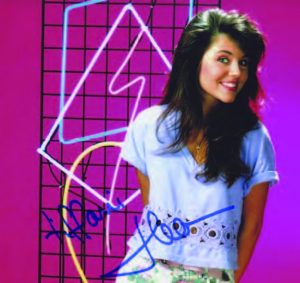
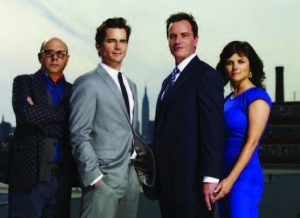
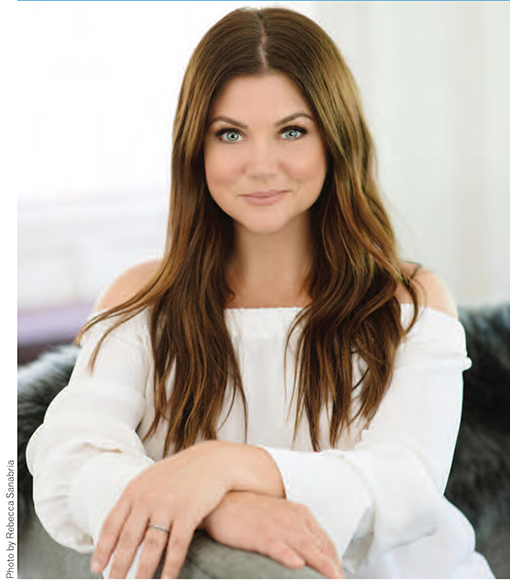
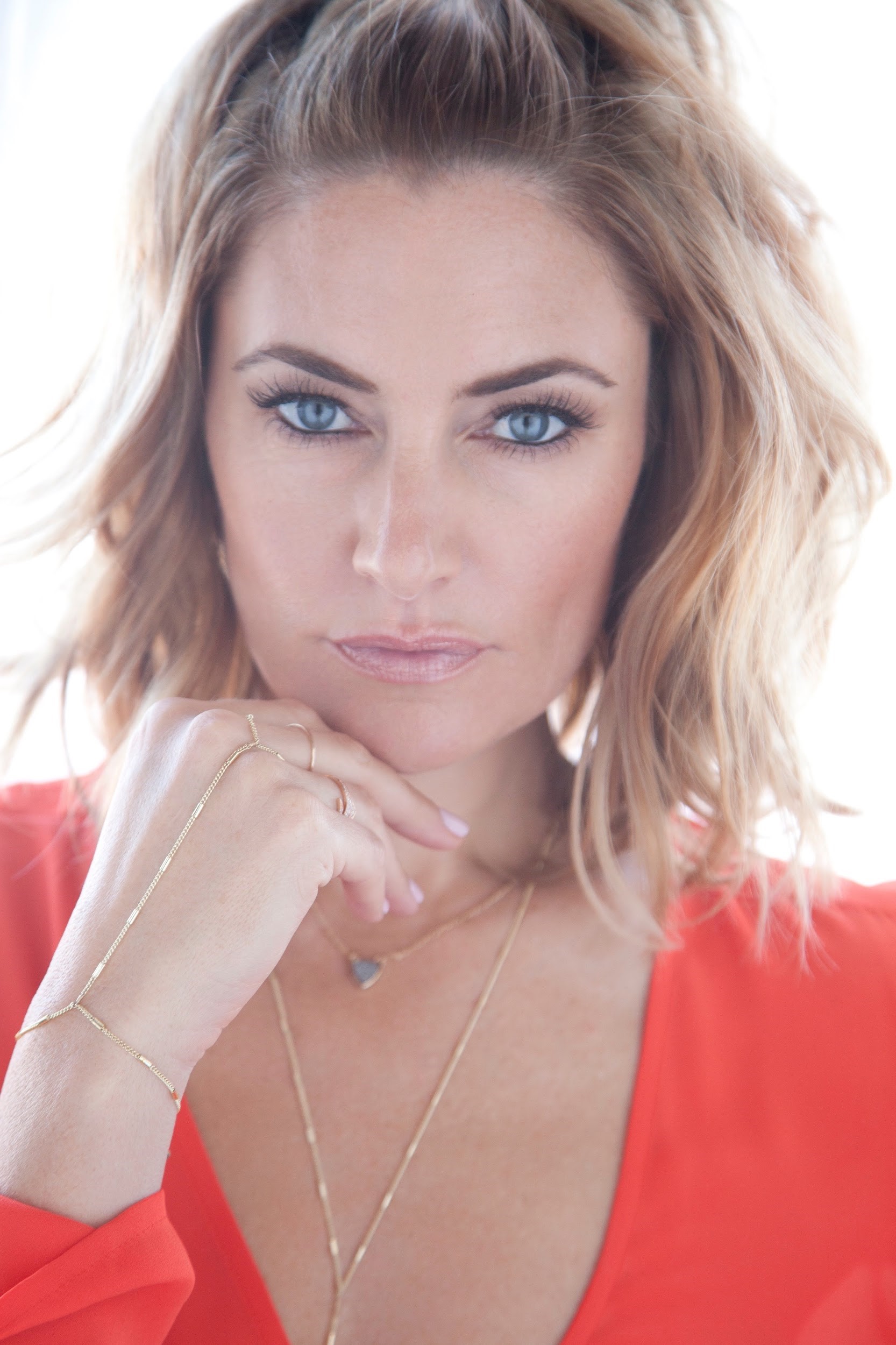
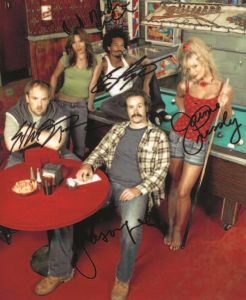
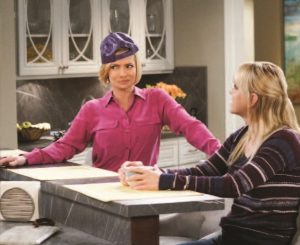
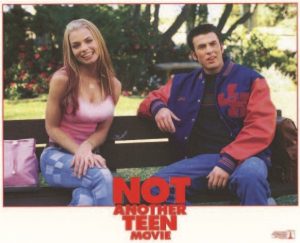
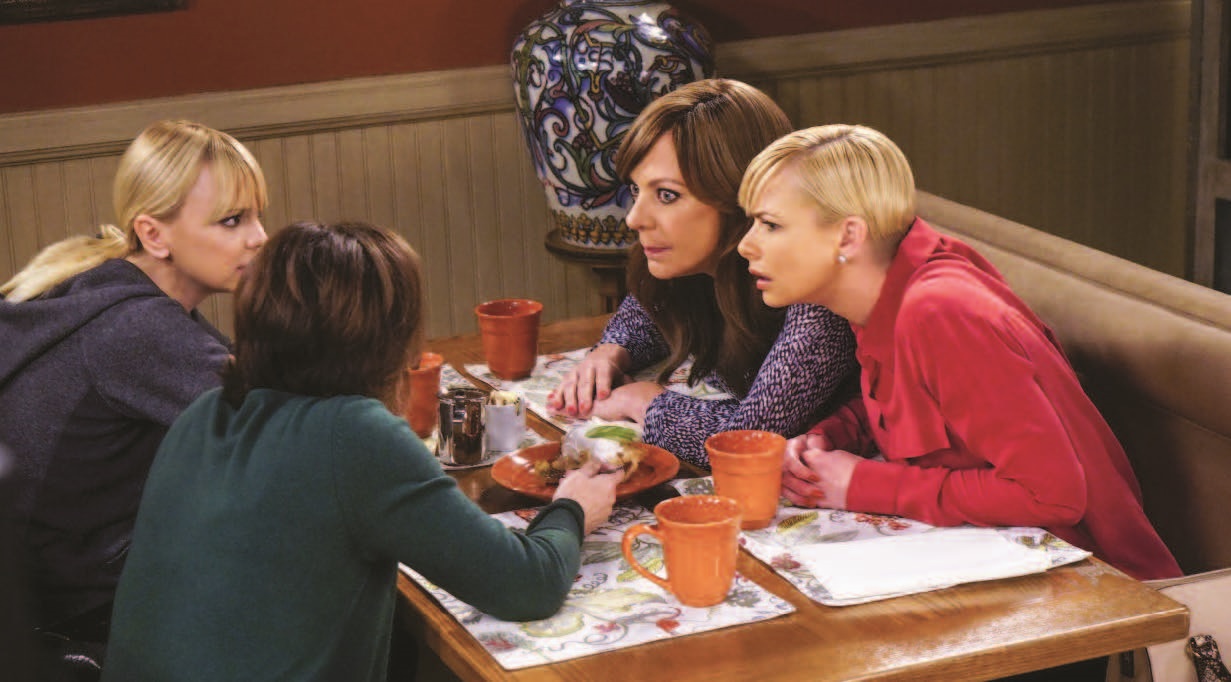
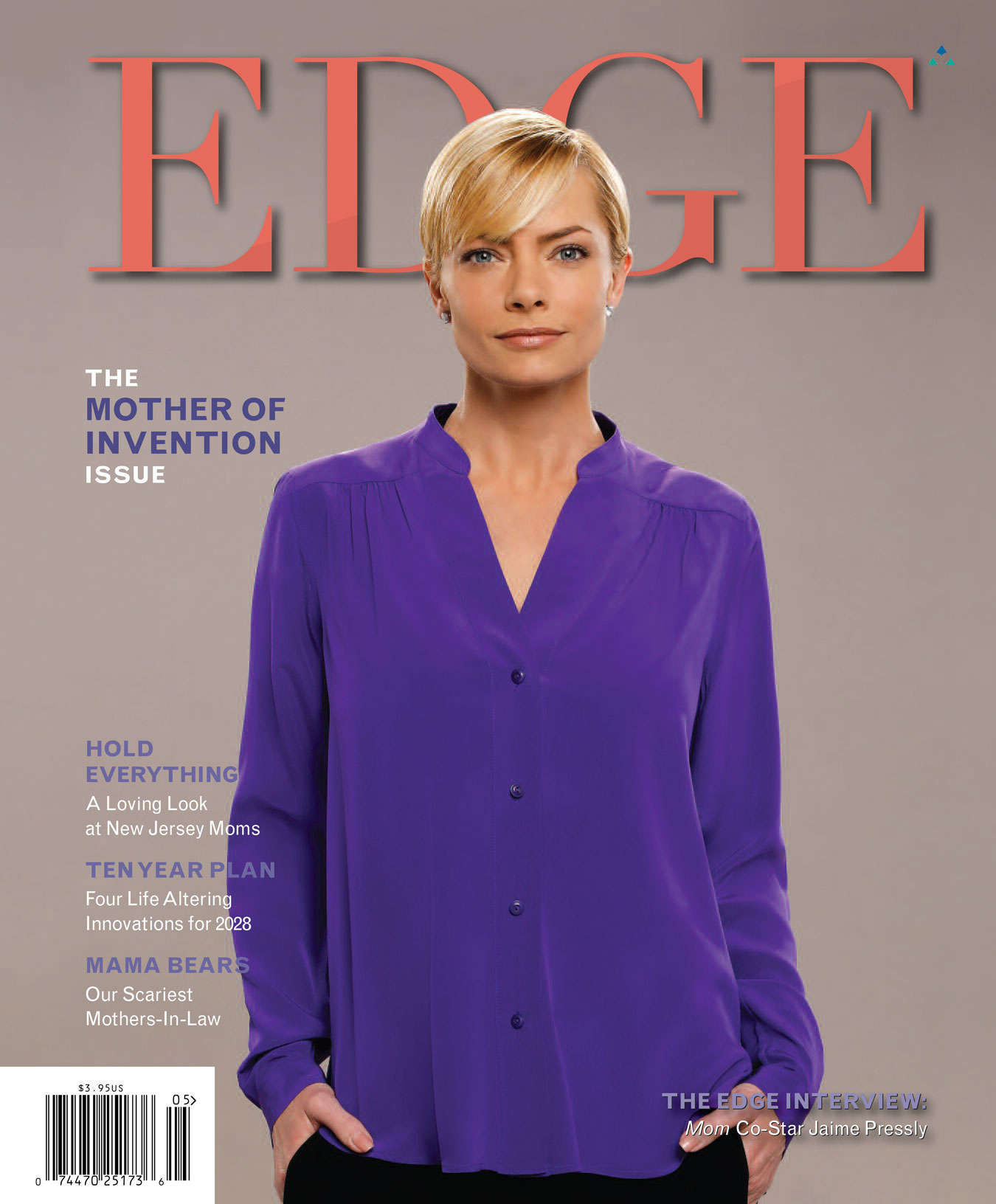
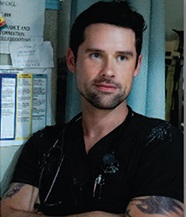
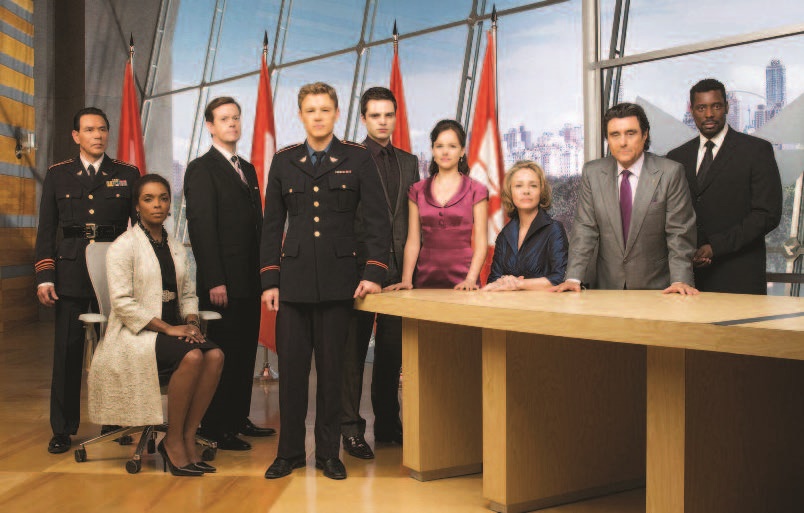
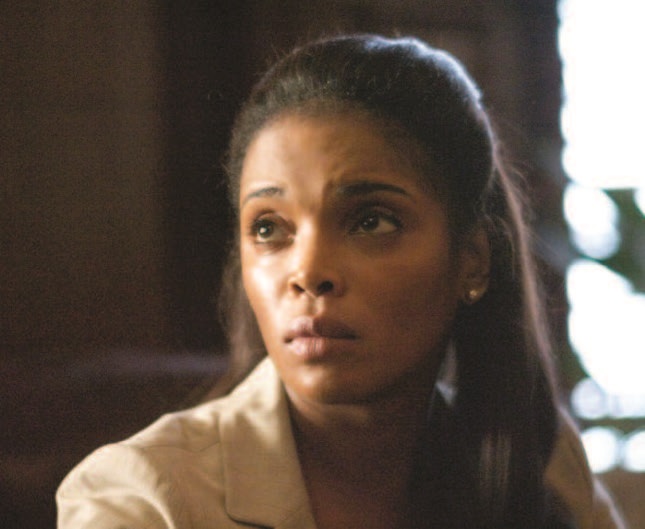
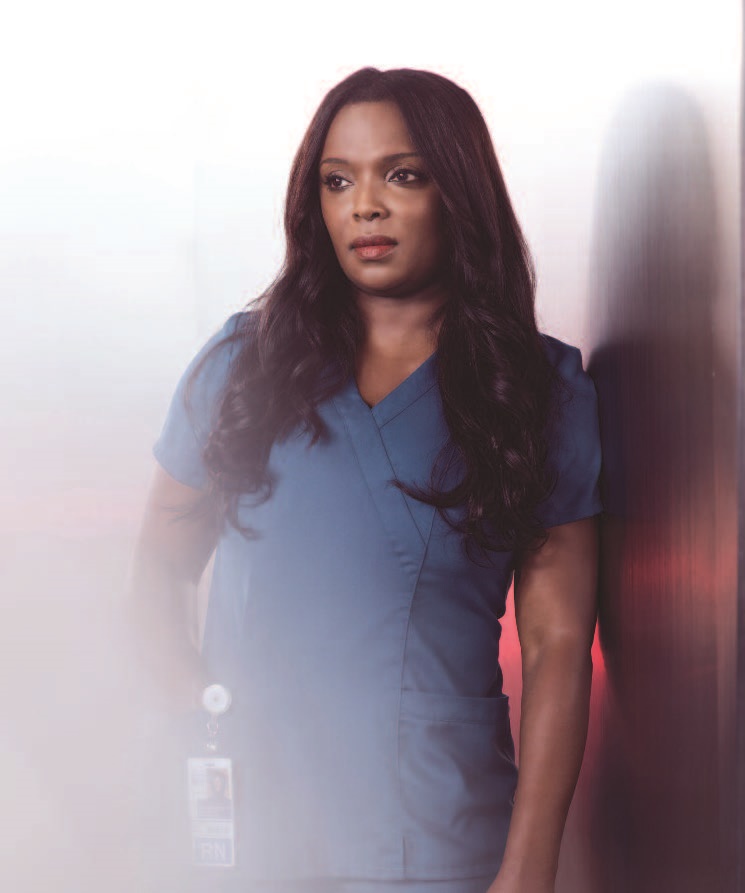
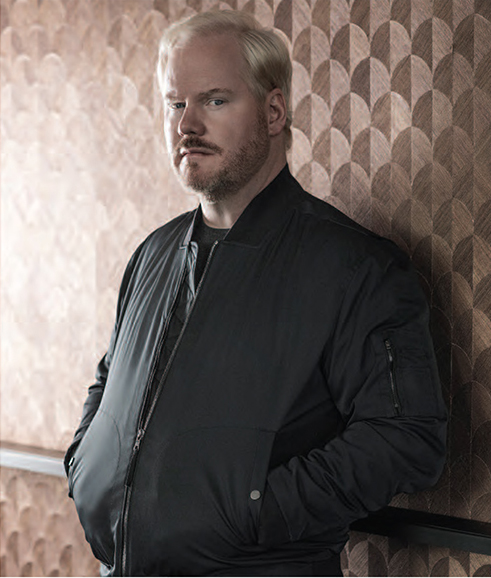
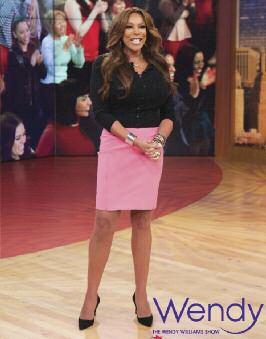 EDGE: Who were your influences?
EDGE: Who were your influences?